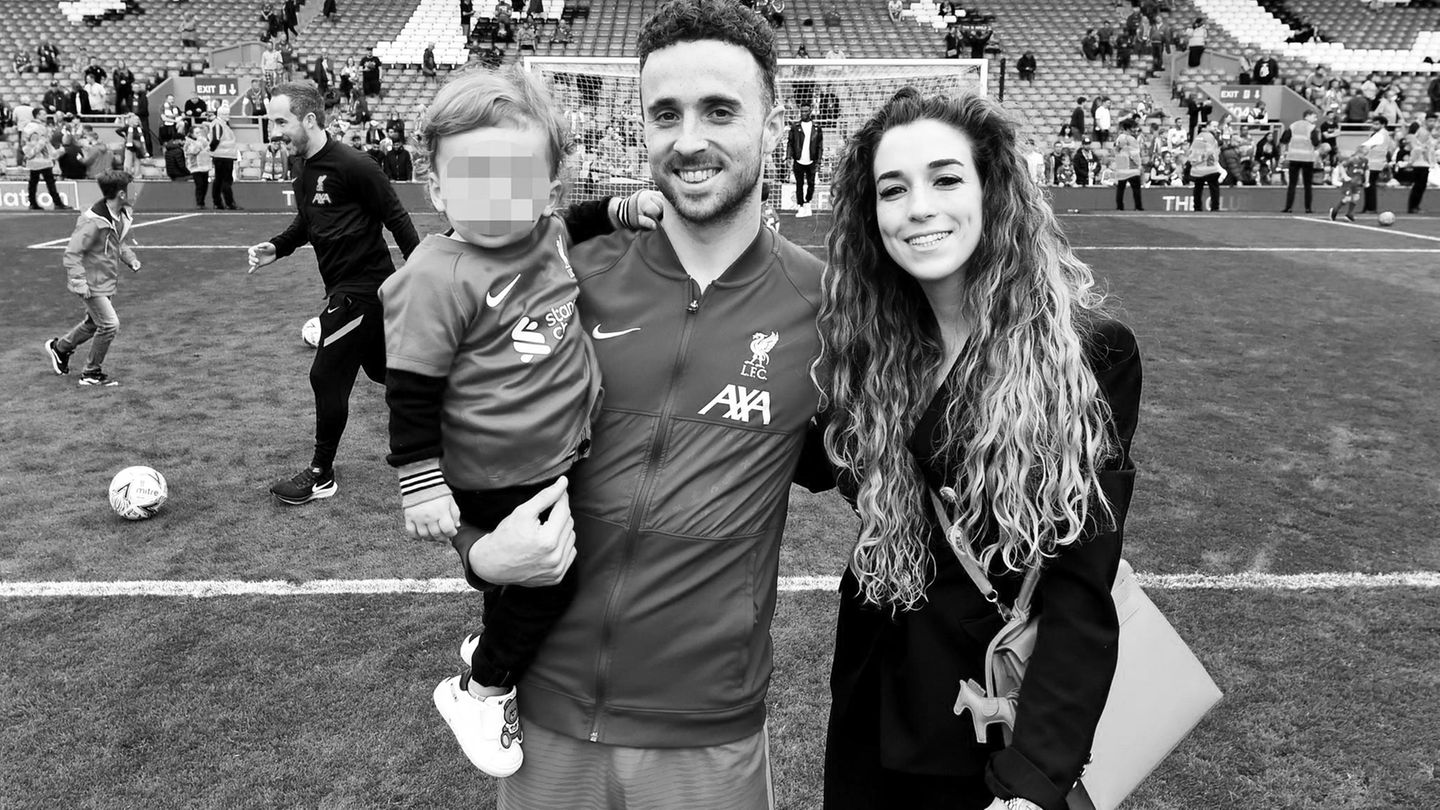The parties are using the last hours before the European elections to convince voters. In Duisburg, the SPD is canvassing for votes with Chancellor Scholz. In several cities, people are gathering for demonstrations.
The European election campaign in Germany has come to an end with rallies, demonstrations and calls to vote. At the SPD’s election campaign closing event in Duisburg on Saturday, Chancellor Olaf Scholz defended his Ukraine policy and said that there would be no NATO soldiers in the country. France, however, is discussing sending military trainers to Ukraine.
In several cities, people took to the streets to protest against right-wing extremism on the day before the election. An alliance of civil society organizations called for this in Berlin, Hamburg, Munich, Cologne and Dresden, among others. According to police, around 15,000 people came together in Berlin alone.
The election campaign was also marked by attacks on politicians until recently. An AfD politician was attacked in Dresden on Saturday. Denmark’s Prime Minister Mette Frederiksen cancelled several appointments after a physical attack on Friday evening.
Scholz: No NATO soldiers in Ukraine
“We will continue to prevent an escalation,” said Scholz at the SPD rally in Duisburg. This also includes the clear statement by American President Joe Biden and himself: “There will be no soldiers from our countries in Ukraine, nor from NATO.” According to President Emmanuel Macron, France is consulting with partners about sending military trainers to Ukraine. The USA does not want to be involved. Scholz said the criteria for German support could be summed up under one heading: “Prudence, prudence, prudence.”
Merz: Combine election with a warning to the traffic light coalition
In his weekly email to supporters and interested parties on Saturday ahead of the European elections, CDU leader Friedrich Merz called for support for the conservatives and in this context promoted the incumbent EU Commission President Ursula von der Leyen (CDU). She enjoys the highest respect throughout Europe and the world, Merz wrote. Voters could “link their vote for continuity in Europe to a clear message to the traffic light coalition in Berlin.”
Elections are already underway in other countries
While the parties in Germany were still campaigning for the election on Sunday, voting had already taken place elsewhere: in the Czech Republic since Friday, in Malta, Latvia, Slovakia and Italy (until Sunday) on Saturday. Ireland and the Netherlands have already completed their elections. Around 360 million people in all EU member states can decide which politicians will represent them in the European Parliament for the next five years. The mandates are for 720 members – 96 of whom will come from Germany. In Germany, around 65 million citizens are called to vote. The newly elected parliament will meet for its first plenary session in Strasbourg on July 16.
Election campaign also marked by violence against politicians
On Saturday, SPD General Secretary Kühnert recalled the attack on SPD politician Matthias Ecke in Dresden at the beginning of May. “Violence must not become a means of political conflict in our country,” he said. He called for “we to tolerate one another, not to meet with our fists, but to exchange our arguments verbally.” There had previously been another attack in Dresden: The Saxon AfD state parliament member Hans-Jürgen Zickler was beaten by a man at a polling station, as the police confirmed.
In Denmark, Prime Minister Frederiksen was attacked by a man in downtown Copenhagen on Friday. “The blow caused a slight whiplash,” her office said. She was otherwise in good condition, but was shaken by the incident. The police arrested a 39-year-old man who is now due to appear in court. The background to the crime was initially unclear.
More than four weeks after the assassination attempt on him, Slovakian Prime Minister Robert Fico cast his vote in hospital on Saturday. The 59-year-old posted a photo on Facebook of himself leaning on a crutch and putting his ballot paper into a mobile ballot box.
Right-wing parties in several countries strong according to surveys
According to surveys, right-wing parties are likely to do well in the elections in several of the 27 EU countries, including Austria, France and Italy. In Germany, the CDU and CSU can expect to win the European elections by a large margin, according to surveys. Behind them, the SPD, Greens and AfD are roughly neck and neck.
Source: Stern
I have been working in the news industry for over 6 years, first as a reporter and now as an editor. I have covered politics extensively, and my work has appeared in major newspapers and online news outlets around the world. In addition to my writing, I also contribute regularly to 24 Hours World.




